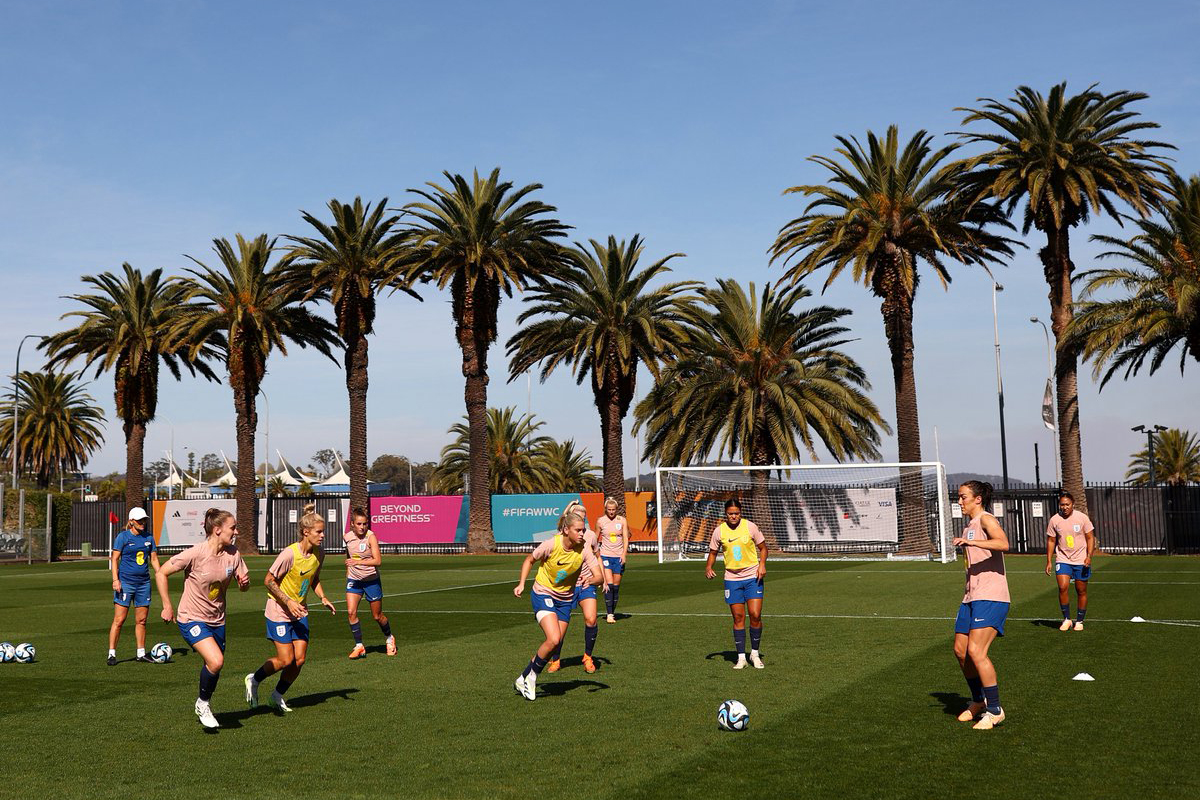The Soccer Unity Project is a non-profit organization based in Northern San Diego County. Founded in 2014 in the town of Vista, Soccer Unity Project’s goal has been to utilize the world’s most popular game in getting young children to understand community engagement, financial literacy, and true empathy.
To learn more, I spoke with Soccer Unity Project Founder and CEO Spencer Lalk as well as the Director of Community Development and Head Soccer Coach Brian Havenner.
Nate Abaurrea (SoccerNation): So Spencer, tell us how the Soccer Unity Project came to be?
Spencer Lalk (Soccer Unity Project): The whole thing got started back in 2014, basically by me responding to a Craigslist ad for a youth soccer coach. There was a Montesorri School in Vista that had posed the ad. A father of one of the kids at the school had started a little after school soccer thing. I landed the job and it was great. I was already having a blast when a couple of the people in charge told me that they were a little crunched for time, and were looking for someone to take the reins.
The timing was perfect. I had just moved out to San Diego to pursue my Doctorate in Physical Therapy. My program was designed for me to work while I pursued the Doctorate. I saw a void in the market for on-campus soccer, something that you surprisingly don’t see that often for young kids. It’s affordable for everyone. It’s convenient for parents. I wanted to grow this thing.
I sought out funding from various local sources. I got our corporation and non-profit status. And then it was truly game time. Today, kids from ages 5 to 12 are practicing four days a week and we have our own 6 v. 6 games on the weekend at the Montessori School. It’s been a fantastic run, and we hope it’s just the beginning.
Nate Abaurrea (SoccerNation): Brian, tell us a little about your role with Soccer Unity Project, and what this work means to you?
Brian Havenner (Soccer Unity Project): I’m responsible for creating strategic partnerships for the program, organizing the community service events and fundraising. Soccer Unity Project is focused on making the game of soccer accessible to as many kids as possible, and then inspiring them to fall in love with the game. The X factor though for Soccer Unity Project is our goal of inspiring kids and families to serve in the community.
In our short history, we have already seen our kids and their parents/guardians truly become engaged with their communities, providing assistance in food pantries and domestic violence shelters, bridging the generational divide between youth and elderly individuals, coordinating beach cleanups and much more! This is the stuff that means the most to me.
Nate Abaurrea (SoccerNation): For you, Spencer, what makes Soccer Unity Project unique?
Spencer Lalk (Soccer Unity Project): When we first started this thing, we asked the question over and over of ‘what can we do to differentiate ourselves from all these other soccer programs in this area and beyond?’ There are so many great programs out there. How would ours be different? Are we gonna create the next Messi? Probably not. Are we gonna create a ton of great human beings through the avenue of soccer? Yes! This whole process was critical. It was when we came up with the idea of incorporating these community services.
Nate Abaurrea (SoccerNation): What have been some of the most special experiences within the community service and life building portion of this project?
Spencer Lalk (Soccer Unity Project): One of my favorite project ideas of late is having the kids come together to run their own business. This is part of our financial learning aspect. The business that they are running is the snack stand we set up when we have our games on the weekends. We make Costco runs together, but the kids run it. They make all the business decisions. We still go over things together.
For example, if they buy a case of water bottles for $5, say 24 bottles total, they need to quickly know the unit cost, then do a quick cost/profit analysis. But, they have the final say. It’s so cool to take this simple math exercise and turn it into more of a real life situation. Seeing these kids who come from different backgrounds and socioeconomic statuses essentially doing market research together is pretty cool. There is a wonderful kid named Aaron Zenger who’s been the manager this year. The snack stand has been a great success, and he deserves a good chunk of the credit.
Nate Abaurrea (SoccerNation): Brian, I know you’ve traveled quite a bit in recent years, doing quite a bit of humanitarian work. How have your travels influenced your work with Soccer Unity Project?
Brian Havenner (Soccer Unity Project): The humanitarian work has had a great impact on the SUP. The most amazing soccer experience I ever had was playing a pickup soccer game on a mountain on the outskirts of Addis Ababa in Ethiopia. I think about that day a lot, and how no matter where you are in the world, it’s the same game. I went back to east Africa this past spring. The family I stayed with were massive soccer fans. A lot of them liked Man United, but all the kids were obsessed with Victor Wanyama, the Kenyan midfielder for Tottenham.
I’m a huge Arsenal supporter, and I was there during a North London Derby between Arsenal and Spurs. Every time Wanyama had the ball, the kids would jump around and excitedly yell his name, “Wanyama! Wanyama!” Tottenham won 2-0 that day, and I didn’t mind. The experience was too good. It was just another example of how soccer brings people from completely different backgrounds and histories together for “the love of the game”, and maybe a little friendly banter too.
Nate Abaurrea (SoccerNation): Spencer, in our conversations, you’ve put a great deal of emphasis on the word empathy. In closing, why is that word so important for young kids?
Spencer Lalk (Soccer Unity Project): I think the biggest thing is teaching our kids the difference between empathy and sympathy. I don’t want our kids to feel bad or sorry for people. I want our kids to think deeper, and try to feel what it might be like to be in someone else’s shoes. I grew up with a family that was very good at pointing out just how fortunate we were.
This instilled a certain type of passion in me, a passion for humanitarianism that exists today more than ever. To be able to pass that mindset on to our kids is a blessing, and part of what we want to do with Soccer Unity Project. We want to use soccer to help in putting kindhearted, intelligent people into the world.
(To learn more about Soccer Unity Project and see how you or your child can get involved, visit their website, www.soccerunityproject.com, or email them at [email protected].)





